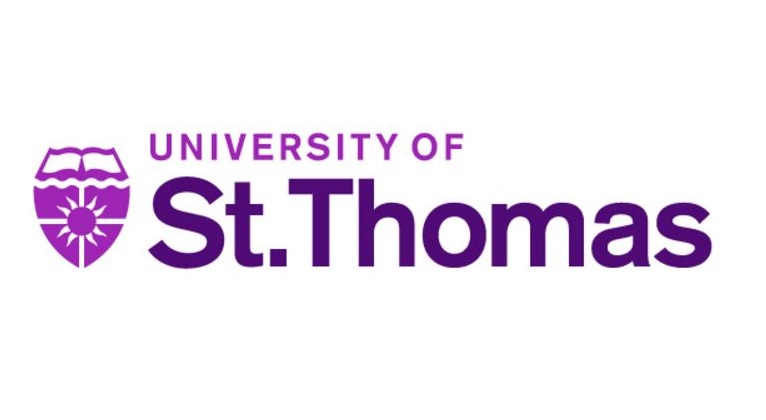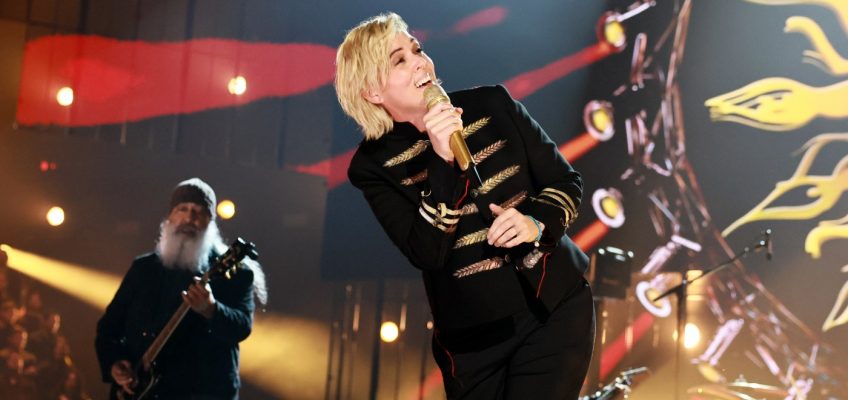Today is Sunday, Feb. 22, the 53rd day of 2026. There are 312 days left in the year.
Today in history:
On Feb. 22, 2022, three white men were convicted of federal hate crimes in the killing of Ahmaud Arbery, who was jogging through their neighborhood near Brunswick, Georgia, when he was attacked in 2020. (The men are serving life sentences after being convicted of murder in state court.)
Also on this date:
In 1732, the first president of the United States, George Washington, was born in Westmoreland County in the Virginia Colony.
Related Articles
Trump says he’ll raise tariffs to 15 percent after Supreme Court ruling
Grok and other ‘nudification’ apps offered by Google and Apple put Silicon Valley at center of global outrage
Today in History: February 21, Figure skater Kristi Yamaguchi wins gold for the US
A mom wrote a book to help her kids process their dad’s death. Now she’s on trial for his killing.
Vehicle rammed power substation connected to Hoover Dam in possible act of terrorism
In 1784, a U.S. merchant ship, the Empress of China, left New York for the first trade voyage of an American ship to China.
In 1819, a weakened Spain, facing revolutions in Latin America, signed a treaty ceding Florida to the United States.
In 1862, Jefferson Davis was inaugurated to a full six-year term as president of the Confederate States of America after his election the previous November. He previously served as the Confederacy’s provisional president.
In 1959, the inaugural Daytona 500 race was held; although Johnny Beauchamp was initially declared the winner, the victory was later awarded to Lee Petty.
In 1967, more than 25,000 U.S. and South Vietnamese troops launched Operation Junction City, aimed at smashing a Viet Cong stronghold near the Cambodian border.
In 1997, scientists in Scotland announced they had successfully cloned an adult mammal for the first time, a sheep they named “Dolly.”
In 1980, the “Miracle on Ice” took place at the Winter Olympics in Lake Placid, New York, as the U.S. Olympic hockey team upset the Soviet Union, 4-3. (The U.S. team went on to win the gold medal two days later, 4-2, over Finland.)
In 2010, Najibullah Zazi, accused of buying products from beauty supply stores to make bombs for an attack on New York City subways, pleaded guilty to charges including conspiring to use weapons of mass destruction. (He spent nearly a decade after his arrest helping the U.S. identify and prosecute terrorists and was given a 10-year sentence.)
In 2020, pioneering Black mathematician Katherine Johnson, who calculated rocket trajectories and Earth orbits for NASA’s early space missions and was later portrayed in the 2016 film “Hidden Figures,” died at the age of 101.
In 2024, a private lander built by Intuitive Machines made the first U.S. touchdown on the moon in more than 50 years, but the spacecraft only managed a weak signal and spotty communications with flight controllers.
Today’s birthdays:
Actor Paul Dooley is 98.
Actor James Hong is 97.
Actor Julie Walters is 76.
Basketball Hall of Famer Julius Erving is 76.
Golf Hall of Famer Amy Alcott is 70.
Actor Kyle MacLachlan is 67.
Golf Hall of Famer Vijay Singh is 63.
Hockey Hall of Famer Pat LaFontaine is 61.
Actor Paul Lieberstein (TV: “The Office) is 59.
Actor Jeri Ryan is 58.
Actor-singer Lea Salonga is 55.
Tennis Hall of Famer Michael Chang is 54.
Singer James Blunt is 52.
Actor Drew Barrymore is 51.
Comedian Iliza Shlesinger is 43.
Dancer and singer Genneya Walton is 27.
Rapper Molly Brazy is 27.




